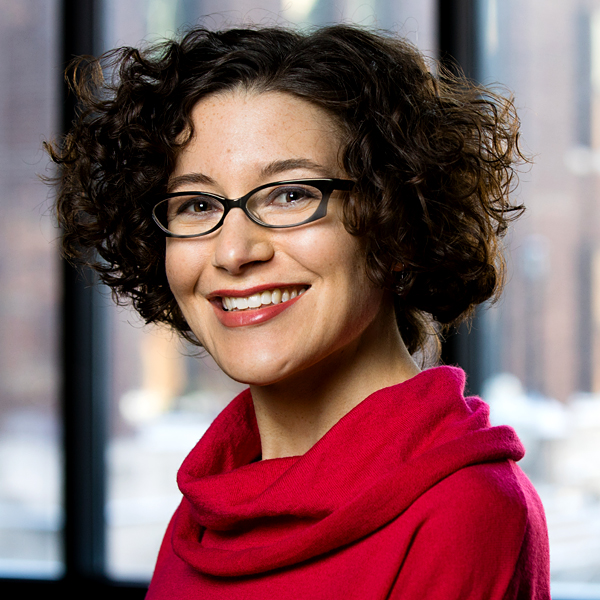
Children exhibiting behavior problems in school often suffer from stressful lives outside of school that can cause them to feel overwhelmed and ”act out.” New research from the School of Public shows that the root of these behavior problems may lie with the health and support of the child’s caregivers, and recommends that in-school, family-based mental health services could be a great way to help both children and caregivers manage their stress better.
“When teachers observe children being disruptive, the children are often disciplined or referred to counseling that only focuses on their behavior,” says study co-author Associate Professor Sonya Brady. “But once you take a more holistic view of their symptoms — and consider the environments, stressors, and communities in which children are growing up — you realize that the intervention can’t be solely focused on the child.”
The study, which was also co-authored by alumna Allison Woerpel (MPH, ‘14) with Seattle Children’s Hospital, was published in the Journal of Black Psychology.
For the study, the researchers interviewed a group of African-American children and their caregivers living in an urban setting. They looked at how the health and stress of caregivers related to any psychological symptoms, like depression or outbursts, and ADHD-like behaviors present in the children.
The researchers found a strong link between children who exhibit an uptick in acting-out behaviors and caregivers experiencing health and relationship problems.
“These are the types of stressors that a child is more likely to witness first-hand,” says Brady.
The study also showed that conflict was a factor as well, and reported that children who said they had more conflict with their caregivers were reported to exhibit more behavior issues.
The link between kids and the influence of their parents was further reinforced when the study showed that children who experience a more positive environment tend to have fewer behavior issues. For example, kids demonstrated less rule-breaking when they reported feeling more emotional support from their caregivers. Similarly, the children exhibited less oppositional behavior when they received guidance on how to solve their problems from their caregivers.
“The associations tell us that if we only focus on the child alone, it’s an incomplete way to address what we’re seeing — we need to focus on the family,” says Brady.
The researchers say the study provides significant rationale for policymakers to fund the development of community-based, family counseling programs.
“The best way to do this is to have counseling resources for families available in the schools” says Brady, who is now researching the effectiveness of a family-based program at a school in St. Paul, Minnesota.

